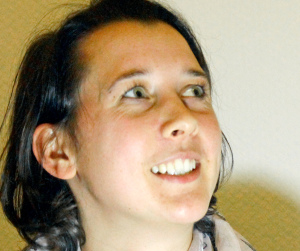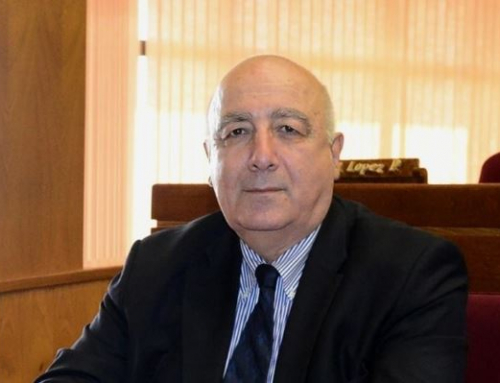
Sarah Delys is a criminologist working for Human Rights Education and Monitoring Centre in Tbilisi.
Earlier this summer the UN Human Rights Committee published its concluding observations on Georgia’s fourth periodic report. The report praises the Government of Georgia on a number of positive steps, both at the legislative and the institutional level. Nevertheless, it also calls on institutional and practical measures to solve particular problems and difficulties related to the enjoyment of certain rights.
The Committee highly welcomes the adoption of the Law on Elimination of all Forms of Discrimination earlier this year, but voices some concerns regarding its implementation.
It questions the effectiveness of the Public Defender as an enforcement mechanism in this sphere, since no independent body was established with the mandate to issue binding decisions and to impose fines on perpetrators.
The lack of sufficient sanction mechanisms to discourage and prevent acts of discrimination as well as the fact that no additional resources were allocated to the Public Defender’s Office to effectively take up its new responsibilities are two other main reasons that inspire apprehension.
Accordingly, the Committee advises the Government of Georgia to allot additional financial and human resources to the Public Defender as well as to grant them the authority to request the initiation of legal proceedings connected to monitoring the implementation of the anti-discrimination law.
Georgia also needs to ensure that perpetrators will be adequately sanctioned and inform its population of the Law on Elimination of all Forms of Discrimination and the penalties that are determined by this law.
The Committee’s worries are not new to Georgian civil society. Several NGOs, both local and international, have already expressed their concern over the limited authority given to the Public Defender in overseeing the implementation of the anti-discrimination legislation.
Nevertheless, the concluding observations of the UN Committee prove that Georgian human rights activists are not alone with their doubts concerning the effective implementation of the law and the prevention of discriminatory acts along with it.
Another noteworthy recommendation to the Georgian government is to develop strategies on combating the existing patriarchal attitudes and stereotypes regarding gender roles in the family and society.
Even though the adoption of the Law on Gender Equality in 2010 and the National Action Plan for Gender Equality 2014-2016 are important first steps, gender equality in the Georgian reality is still far away. For example, women in the legislative and executive branches, in particular in senior and decision-making positions, remain still largely underrepresented. The results of the local self-government elections this year revealed that women only represent 11,1% of all elected officials.
Therefore, the Committee urges the government to launch a nationwide awareness-raising campaign to inform the population about the need to ensure that women are able to enjoy all of their rights and to undertake efforts to achieve an equitable representation of women and men in decision-making bodies within specific time frames.
The Committee on the Elimination of Discrimination against Women (CEDAW), who also published their concluding observations on Georgia’s report in July, voiced more concerns regarding the continuously decreasing number of women in local legislative bodies.
Rather than the existing voluntary quota system, which provides 30% of additional funding to political parties if they include at least three women among each 10 candidates on the party lists, they prompt to introduce mandatory quotas for political parties to quickly and significantly increase the number of women in both national and local legislative bodies.
Georgia’s next periodic report to the UN Human Rights Committee should be submitted by 31 July 2019 in which it will have to provide the Committee with updated information on the implementation of these and other recommendations as well as on the International Covenant on Civil and Political Rights as a whole.
The Committee also urges the government to involve and hold broad consultations with civil society and non-governmental organisations while preparing its fifth periodic report.
The CEDAW Committee expects a written answer on the steps taken to implement its recommendations within two years, while Georgia’s next periodic report is due July 2018.
Sarah Delys
Human Rights Education and Monitoring Centre
References:
UN Human Rights Committee report: http://tbinternet.ohchr.org/_layouts/treatybodyexternal/Download.aspx?symbolno=CCPR%2fC%2fGEO%2fCO%2f4&Lang=en
CEDAW Committee report:
http://www.un.org/womenwatch/daw/cedaw/cedaw36/cc/Georgia/0647834E.pdf





Leave A Comment
You must be logged in to post a comment.